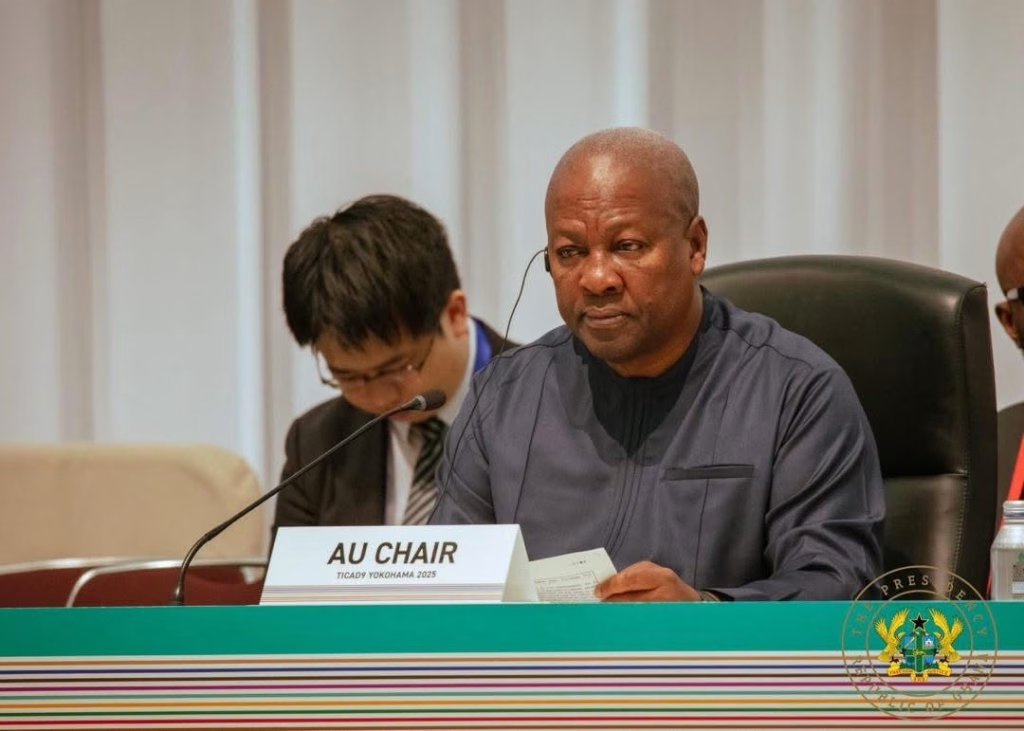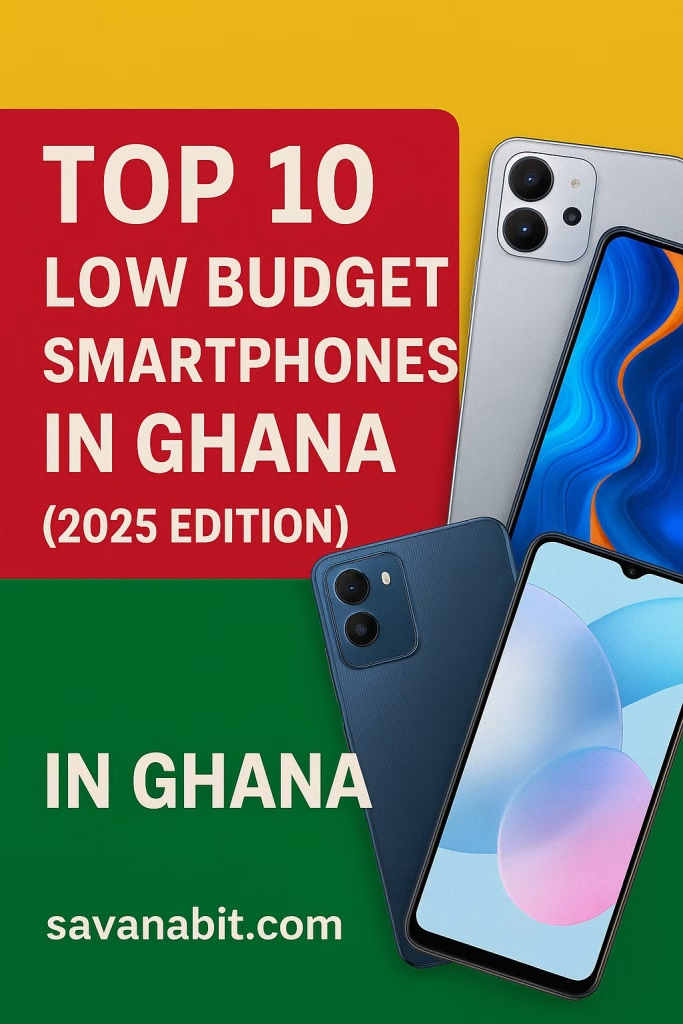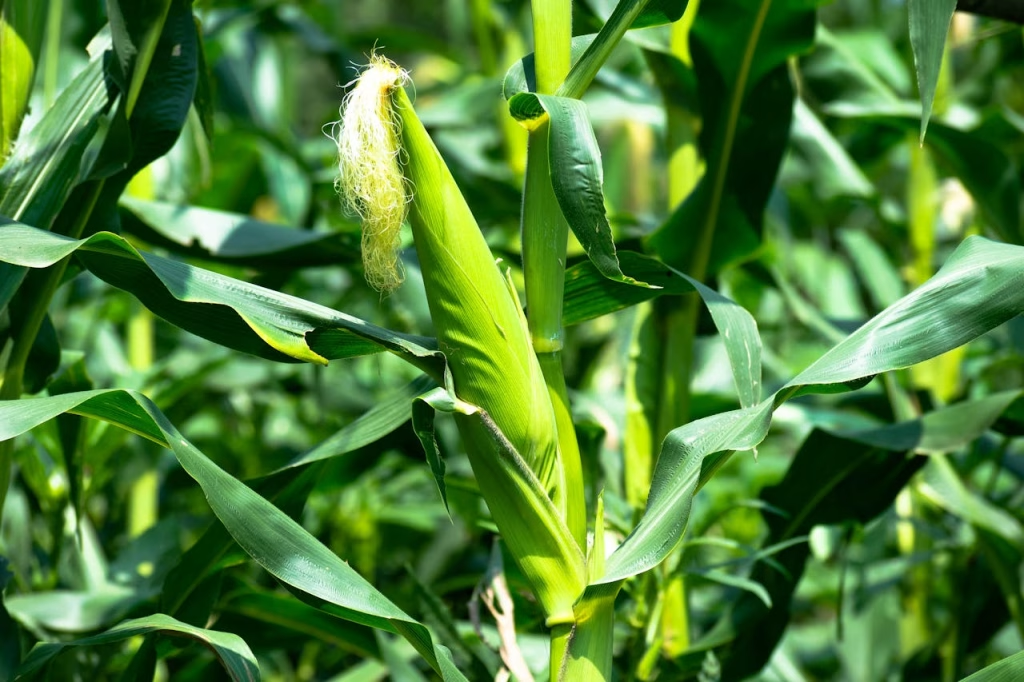When Words Become Capital: Mahama’s Yokohama Masterstroke and Ghana’s $100M Agritech Investment
President Mahama’s pitch at TICAD-9 secures $100M agritech investment from Degas Limited, reshaping Ghana’s farming and investment future.
Not all speeches change history, but some do. At the Ninth Tokyo International Conference on African Development (TICAD-9) in Yokohama, Ghana’s
- proved the power of words when a carefully crafted pitch turned into a landmark $100 million investment from Degas Limited, a Japanese agritech leader.
This investment, aimed at supporting 86,000 smallholder farmers in Ghana, has been hailed as a turning point. An IMANI Africa brief by Kay Codjoe, shared by Franklin Cudjoe on Facebook, describes it as a masterstroke that reframed Ghana’s global image and delivered tangible results.
This article explores what made Mahama’s pitch successful, the role of Ghana’s institutions, the promise of AI-driven agriculture, and the broader lessons for African development.
Reframing Ghana as an Investment Destination
For decades, Ghana and other African nations have often been seen through the lens of aid dependency. Mahama’s speech in Yokohama sought to change that. By presenting Ghana not as an “aid-seeker” but as an investment destination, he tapped into the global appetite for sustainable, scalable projects.
This reframing was pivotal in convincing Degas Limited, which already works with tens of thousands of smallholder farmers across Africa, that Ghana was ready for serious agritech investment.
The Role of GIPC: Turning Words into Deals
While presidential charisma can open doors, institutions must deliver results. The Ghana Investment Promotion Centre (GIPC) played a central role in transforming Mahama’s rhetoric into an actual signed deal.
GIPC’s ability to facilitate regulatory processes and ensure credibility was key. As Kay Codjoe noted in the IMANI brief: “The President can pitch, but GIPC must catch.”
Degas Limited: AI-Driven Agritech for 86,000 Farmers
Degas Limited brings a modern approach to farming, leveraging artificial intelligence, data analytics, and precision tools to increase crop yields, monitor soil health, and optimize irrigation.
In Ghana, the company’s $100 million investment will directly support 86,000 smallholder farmers, integrating them into value chains that reduce waste, stabilize income, and enhance productivity.
This model seeks not only to raise profits but also to restore dignity to farming, turning agriculture into a respected industry rather than a symbol of subsistence living.
Risks of Corruption and Bureaucracy
Despite the promising outlook, risks remain. Investment projects in Africa are often undermined by corruption, political interference, and bureaucratic inefficiency.
If Ghana is to maximize the Degas partnership, it must enforce transparency, accountability, and good governance to protect both investor confidence and farmer livelihoods.
Agriculture in Context: Ghana’s Long Struggle
Ghana is blessed with fertile land and favorable climate, yet its agricultural sector has struggled for decades with low productivity and reliance on rain-fed systems.
While cocoa continues to anchor Ghana’s export economy, diversification into technology-driven farming has been slow. The Degas deal may finally provide the technological leap Ghana needs to modernize agriculture and reduce vulnerability to climate shocks.
Beyond Agriculture: A Template for Investment
The Yokohama deal signals more than an agricultural milestone. It positions Ghana as a credible partner for foreign direct investment (FDI) across multiple sectors.
If replicated in renewable energy, fintech, and manufacturing, this model of bold presidential framing combined with institutional delivery could reshape Ghana’s global investment profile.
Policy Lessons for Ghana
Three lessons stand out from this event:
- Leadership Framing Matters: Strong narratives attract investors.
- Institutions Seal the Deal: Agencies like GIPC are crucial.
- Guardrails Against Corruption: Governance determines long-term success.
Conclusion
The IMANI Africa brief by Kay Codjoe, shared by Franklin Cudjoe, describes Mahama’s speech in Yokohama as a “masterstroke”—and rightly so. The $100 million investment from Degas Limited is proof that well-crafted words, matched with efficient institutions, can bring real change.
Now, the challenge is to ensure this success story does not remain an isolated event but becomes part of Ghana’s broader development strategy. With the right policies, Ghana can not only feed itself but also secure a respected place on the global investment map.







